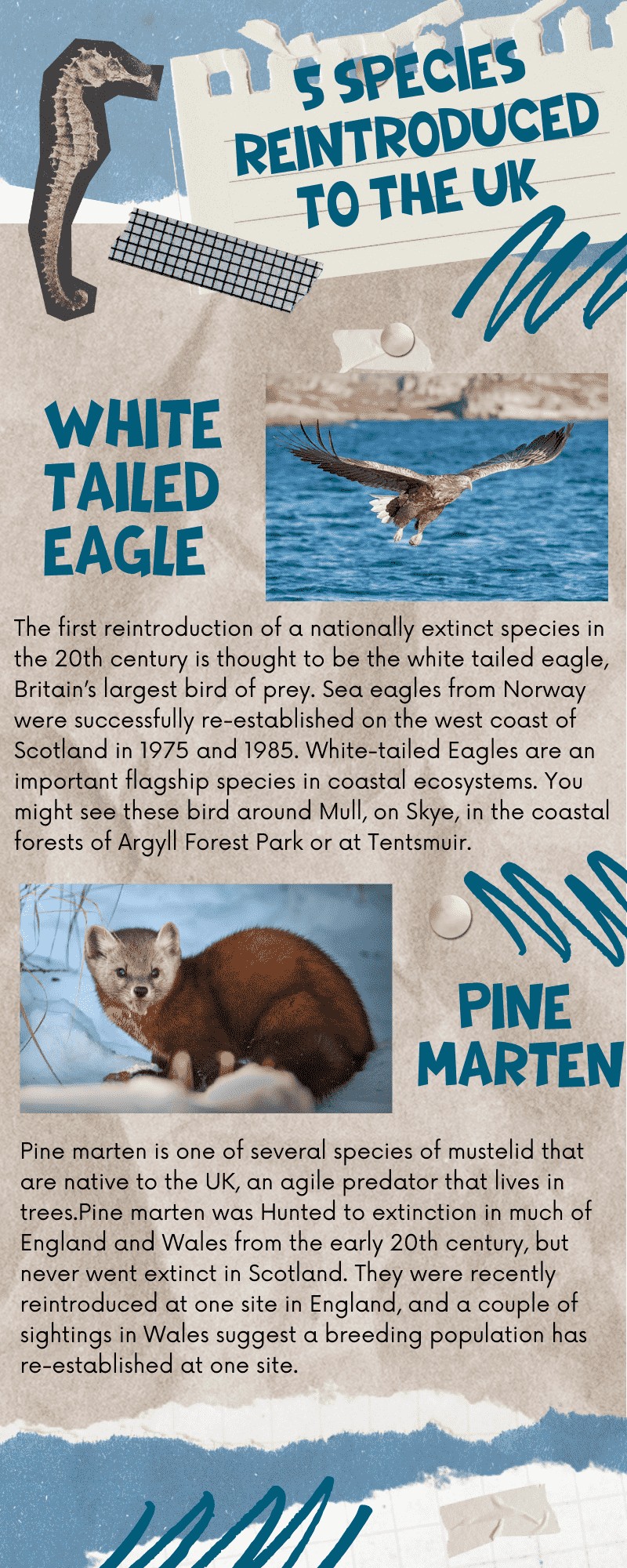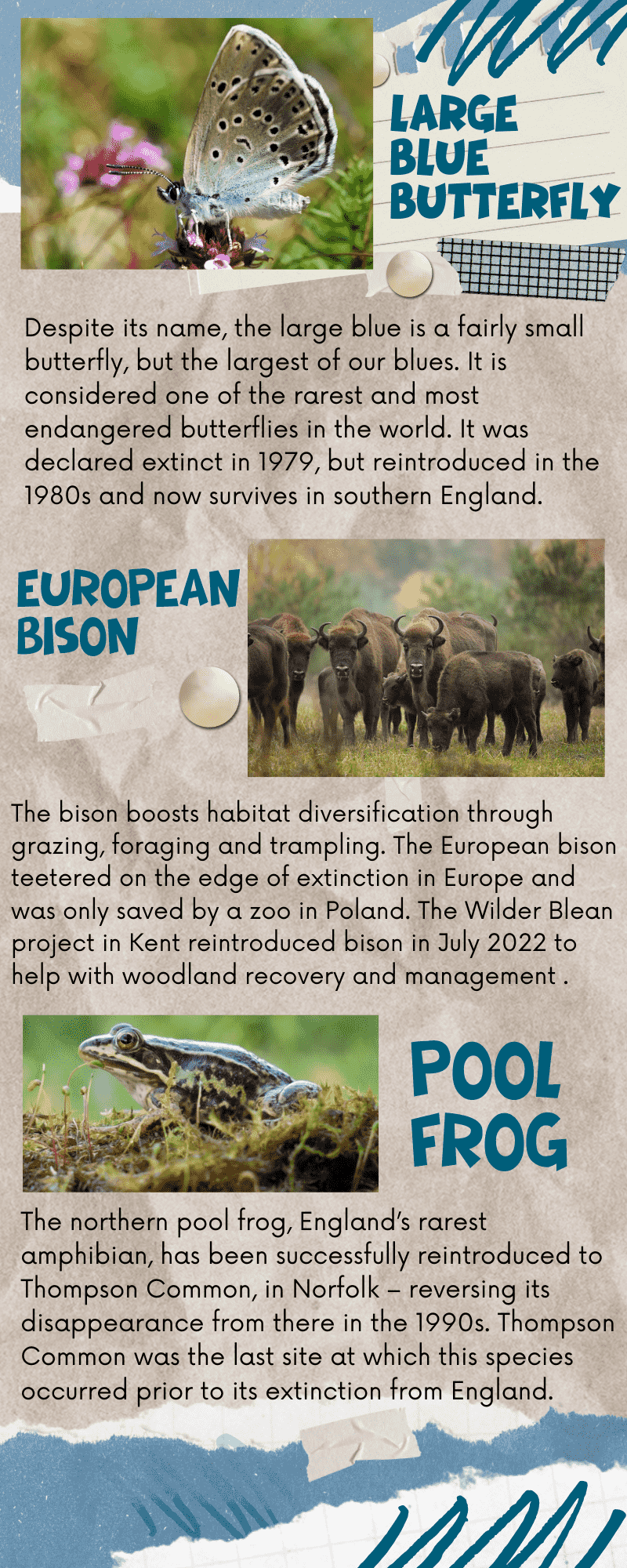Missing from UK for 500 years, now campaigners want to bring beavers back as they can not only stop flooding but also boost wildlife.
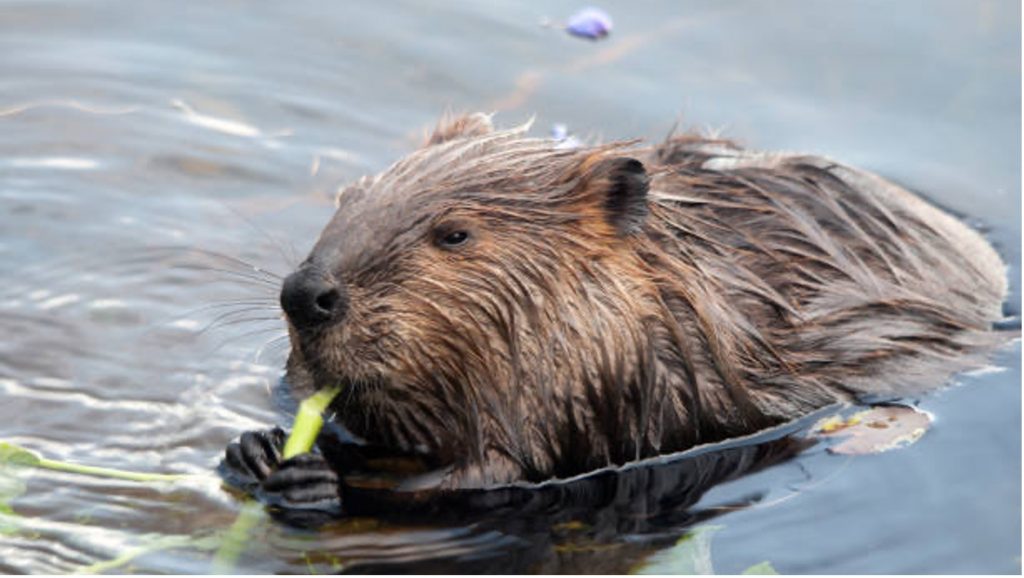
A plan to bring beavers back to Wales that could benefit wildlife, help prevent flooding and even boost fish stocks should be easy to sell.
But according to Cardiff biological expert Dr Rhys Jones, there’s a big job to win hearts and minds.
“One of our big challenges is changing the mindset of some farmers and anglers, who can have preconceived ideas of the impact of reintroducing beaver to the wild,” Dr Rhys Jones of Cardiff University’s School of Biological Sciences said.
Anglers will suffer little to no negative impact from this release, says Dr Jones. “The beavers would not significantly migrate away from river systems and waterways and would have little if any negative impact on fish stocks and boarding farmland,” he said, ” Beavers actually produce physical structures and flooded areas that protect fry and have been living alongside fish for thousands of years without significant incident. “
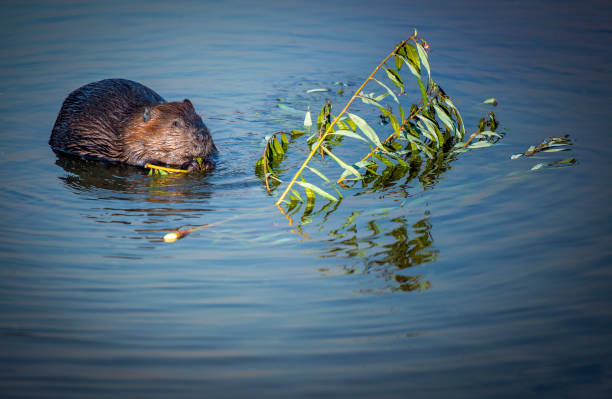
The beaver was once widely distributed across the UK. However, due to over-hunting, the beaver became extinct in the UK around 500 years ago. The Welsh Beaver Project wants to reintroduce beavers onto the River Dyfi catchment in Wales and Natural Resources Wales is studying the feasibility of the scheme.
Beavers are known as ecosystem engineers and these furry creatures with large incisors are known for building unique habitats. To build them, beavers will first build dams to ensure that the entrance into the lodge is underwater. Due to the dam-building habit, the presence of beavers is thought to mitigate the effects of flooding.
“Beavers have potential natural flood management benefits,” Dr Roger Auster of the University of Exeter said. The University of Exeter recently launched a public survey to seek people’s views on plans to reintroduce beavers to Wales. Dr Roger was the leader of the survey and he hopes the survey will help to gauge opinion in Wales.
In addition to this, beavers have the ability to modify and build their own habitat. They can create mixed areas including wetlands, ponds, deadwood, open grassland and scrub, which not only enrich the landscape and species diversity, but also benefit the other creatures that live there.
“Their presence would significantly slow river systems down, helping vegetation to establish and reduce some of the severe flash flooding observed recently as we enter a period of climatic change,” says Dr Rhys.
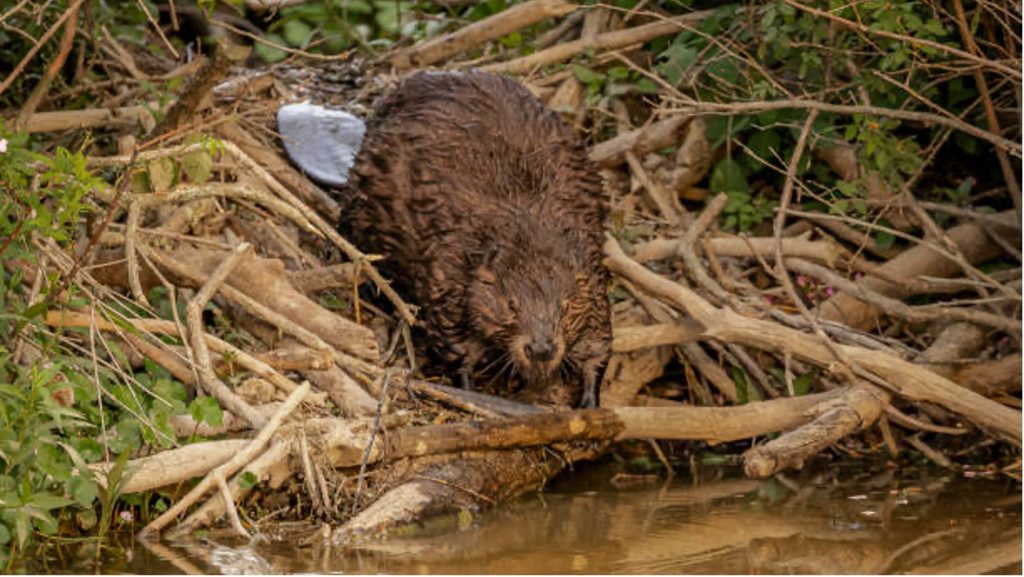
A reintroduction of beavers to Wales would follow International Union for Conservation of Nature(IUCN) and Joint Nature Conservation Committee (JNCC) guidelines.At least 20 breeding pairs of beavers, possibly involving the use of artificial lodges, is recommended to help ensure success. All beavers released should undergo a thorough health examination to ensure that they are not carrying undesirable diseases.
“There is a lot of suitable habitat for beavers in Wales, but as part of a reintroduction project there will need to a management strategy in place to help minimise and avoid any negative impacts should they arise,” said Alicia, from Welsh Beaver project. “We are establishing a beaver management group to ensure we have management systems in place so that we can enjoy the many benefits of beavers, but with minimal negative impacts, and also show that we can live alongside beavers once again.”
In fact, this is not the first time beavers have been seen in the wild. Sightings of beavers have been recorded in some rural areas of Wales. But this is the first time that beavers are being considered for formal release into the wild in Wales.
They’re already there. They’re on the River Wye, for example.
— Tim Kendall (@TimKendall70) February 23, 2023
Dr Rhys says he helped release the first beaver at a Wildlife Trust site in Mid Wales back in 2014. “The animals were contained within a large lake by means of fencing, and not permitted to roam free. The objective was to observe the beaver and satisfy any concerns anglers and farmers had regarding their release to the wild. Since 2014, many beavers have been released into the wild without major concern. They continue to be tracked and monitored,” he said.
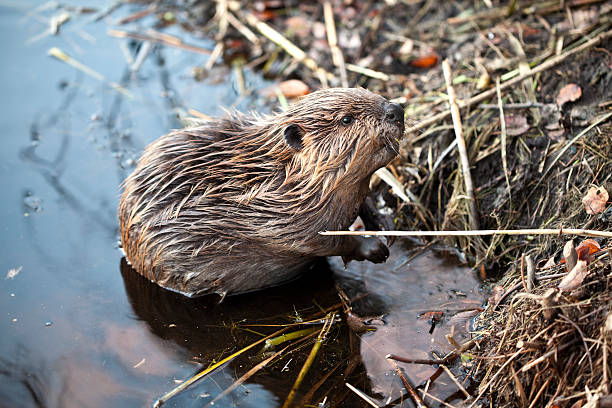
If you are interested in the University of Exeter’s beaver release opinion survey, please click on the following link to take part in the survey:
https://exetercles.eu.qualtrics.com/jfe/form/SV_9MMHq384a5rXR6S
As well as the beaver thought, these five once-extinct creature have also been reintroduced to the UK.
